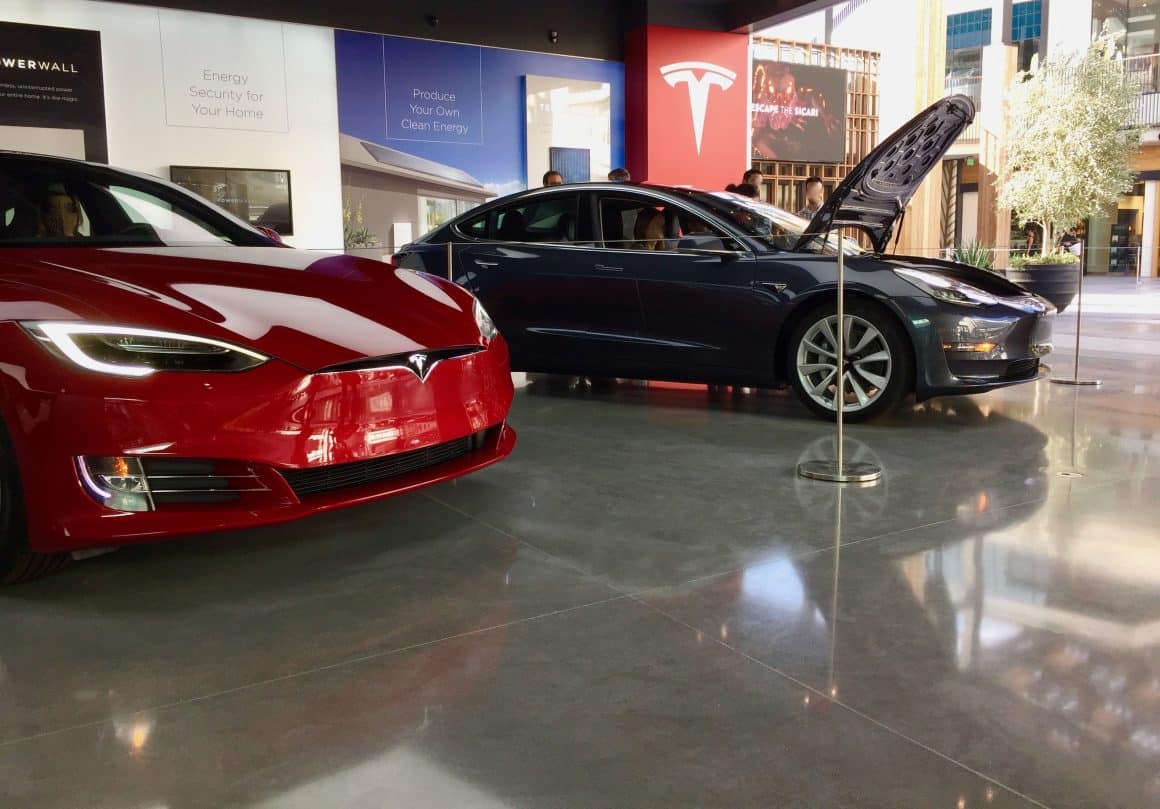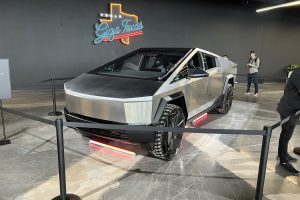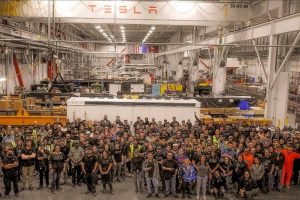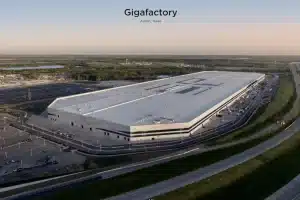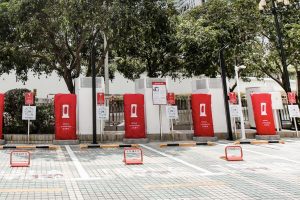Key Takeaways
- New legislation in New York aims to revoke Tesla’s direct sales permits, limiting the company to its five existing stores.
- The bill, introduced by Democratic State Senator Patricia Fahy and Assembly Member Gabriella Romero, seeks to foster competition and innovation.
- Fahy specifically targets Tesla CEO Elon Musk, criticizing his ties to the previous administration and claiming the privilege for Tesla’s current permits was unwarranted.
- New York has a goal to achieve 100% zero-emission vehicle (ZEV) sales by 2035, aligning with its climate objectives.
- Other automakers like Lucid and Rivian may have opportunities to acquire permits, promoting a more competitive market.
- New York is among the states with restrictions on direct sales, joining eight others with similar caps, while some states impose total bans.
The state of New York stands on the brink of a significant change in its automotive retail landscape, particularly impacting Tesla and other electric vehicle (EV) manufacturers. A newly proposed bill aims to shake up the existing paradigm of direct sales in the state, with implications that could reverberate throughout the EV market. This legislation, championed by Democratic State Senator Patricia Fahy and Assembly Member Gabriella Romero, strives to recalibrate competition and innovation in the space. As this bill progresses through the legislative channels, let’s explore what these changes could mean for Tesla, other automakers, and New York’s climate ambitions.
New York’s Legislative Shift: The Heart of the Matter
New York’s latest legislative proposal targets Tesla’s direct sales model, which currently sees the company operating five stores across the state. This bill, if enacted, would revoke existing permits, necessitating a reevaluation and reissuance process conducted by the New York Department of Motor Vehicles. Importantly, Tesla would be excluded from acquiring these new permits, effectively ending its direct sales presence beyond the existing five locations.
- Promoting Competition and Innovation:
The bill’s sponsors argue that the concentration of direct sales locations—exclusively operated by Tesla—hampers market competitiveness and limits consumer choice. By redistributing permits, New York aims to open the market to new entrants, such as Lucid and Rivian, who could greatly benefit from establishing a physical presence in the state. - Tesla and Elon Musk in the Spotlight:
A clear undertone of this legislation is its aim at Tesla’s CEO, Elon Musk. Fahy’s comments highlight a desire to counteract Musk’s previous political associations, specifically with the Trump administration. This introduces a layer of political motivation behind the otherwise business-oriented legislative move. - Environmental Ambitions and Zero-Emission Vehicles (ZEVs):
New York’s policy direction is firmly rooted in its ambitious climate goals. Aligning with the Climate Leadership and Community Protection Act, the state seeks a full transition to zero-emission vehicle sales by 2035. This legislative change is a strategic maneuver intended to invigorate the ZEV market, despite the restrictions imposed on Tesla.
The Competitive Landscape: Opportunities for Growth
While Tesla faces restrictions, this legislative change simultaneously unlocks opportunities for other automakers:
- Lucid and Rivian: New Contenders in the Market:
By potentially acquiring new permits, companies like Lucid and Rivian could establish a retail footprint in New York, thereby expanding consumer choices and fostering a more diverse market. - Strategic Market Penetration:
This opening for new players can lead to a broader geographic distribution of ZEVs, effectively supporting statewide decarbonization efforts.
Broader Context: Direct Sales Models Across the U.S.
New York’s approach is not isolated. It joins eight other states with similar caps on direct sales, while 13 states—Texas included—maintain total or partial bans, requiring sales through franchised dealerships. This patchwork of regulations presents a complex landscape for automakers as they navigate diverse regulatory environments across the country.
Looking Ahead: Strategic Implications
For Tesla, the pending legislation poses a significant challenge, requiring strategic adjustments and responses to maintain its market share. In contrast, it underscores a broader trend of regulatory reevaluation that prioritizes environmental benchmarks alongside competitive equity.
- Potential Strategic Reactions:
Tesla’s response, whether through legal channels or adaptation to new regulatory landscapes, will likely shape its operational strategies in New York and potentially influence other regions. - Impact on Consumer Choices and Market Dynamics:
Consumers could benefit from increased variety and accessibility as the market diversifies, with implications for how they experience and purchase electric vehicles.

